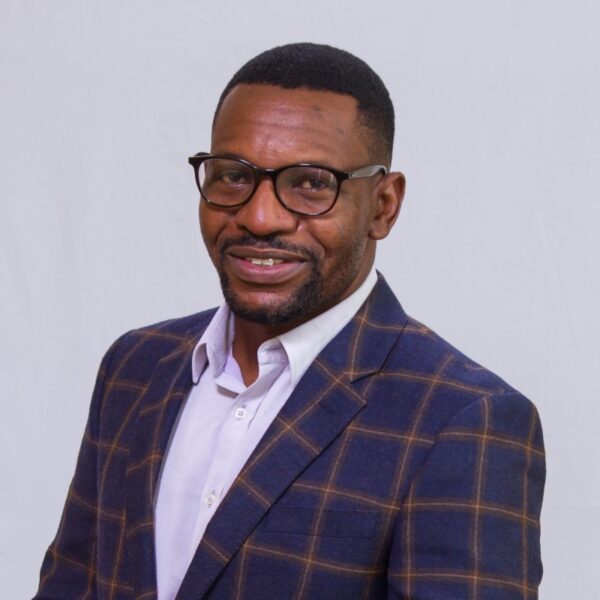Embracing artificial intelligence (AI) and allowing graduates and students space to express themselves in the Rock Engineering field were key takeaways at the just-ended Zimbabwe National Institute of Rock Engineering (ZINIRE) Annual General Meeting (AGM) and Symposium held in Bulawayo last week.
Rudairo Mapuranga
AI and big data have been widely used in computer science and data science, but they are still in their infancy in rock engineering.
There is no complete set of theories and systems that combine the theoretical problems of rock engineering with machine learning. AI methods have successfully been used to solve various problems in the rock mechanics field and they performed better than the traditional empirical, mathematical or statistical methods. However, their practical applicability is still an issue of concern as many of the existing AI models require some level of expertise before they can be used because they are not in the form of tractable mathematical equations. Thus some advanced AI methods are still yet to be explored.
Speaking at the AGM at Holiday Inn Hotel in Bulawayo ZINIRE Vice President Omberai Mandingaisa said it was of importance for the Rock Engineering sector to start absorbing graduates into the rock engineering field to allow the proliferation of AI.
“On artificial intelligence, we need to start absorbing graduates into the rock engineering field. We need to give those youngsters space. It is something which can be done from a mining industry perspective. I have run a couple of projects with students, it has been amazing, rock engineering and AI can be great if we allow students to be innovative.
Patrick Mushangwe who attended the event asked Mandingaisa about the fear of people and engineers losing due to the introduction of AI because it might eventually take over the industry.
Mandingaisa said, “AI will not take over rock engineering model calibrations, it will be useful complimentary in data collection and decision making in the mining field.”
“AI will always follow the human mind and the human mind keep evolving, AI will only evolve as the human mind does and brings in more computational power to the process. What will change are the current roles that we have currently for example the job of an engineering geologist is fast being replaced by geotechnical engineers,” Mandingaisa said.
It was also suggested that ZINIRE needs to partner with the Zimbabwe School of Mines to create AI products that suit the Artisanal and Small-Scale Mining industry.
Speaking to Mining Zimbabwe on the sidelines of the event ZINIRE President Renius Tirivabaya said the institute was not going to be ignorant of changes happening in the industry through technology therefore it was going to work with institutions of higher learning and service providers to embrace AI.
“We can’t also be ignorant of the changes that are happening in terms of technology. We will talk about AI, machine learning and other things. The best strategy is to develop skills in these areas which we should do by trying to influence the curriculum at our local institutions such that they incorporate such training in terms of data analytics, AI, machine learning all those things. We also need to partner with our suppliers of technology to be able to develop appropriate technology for the sector that incorporate these principles such that they help us to win our wall against fall of ground incidents,” he said.
.png)




